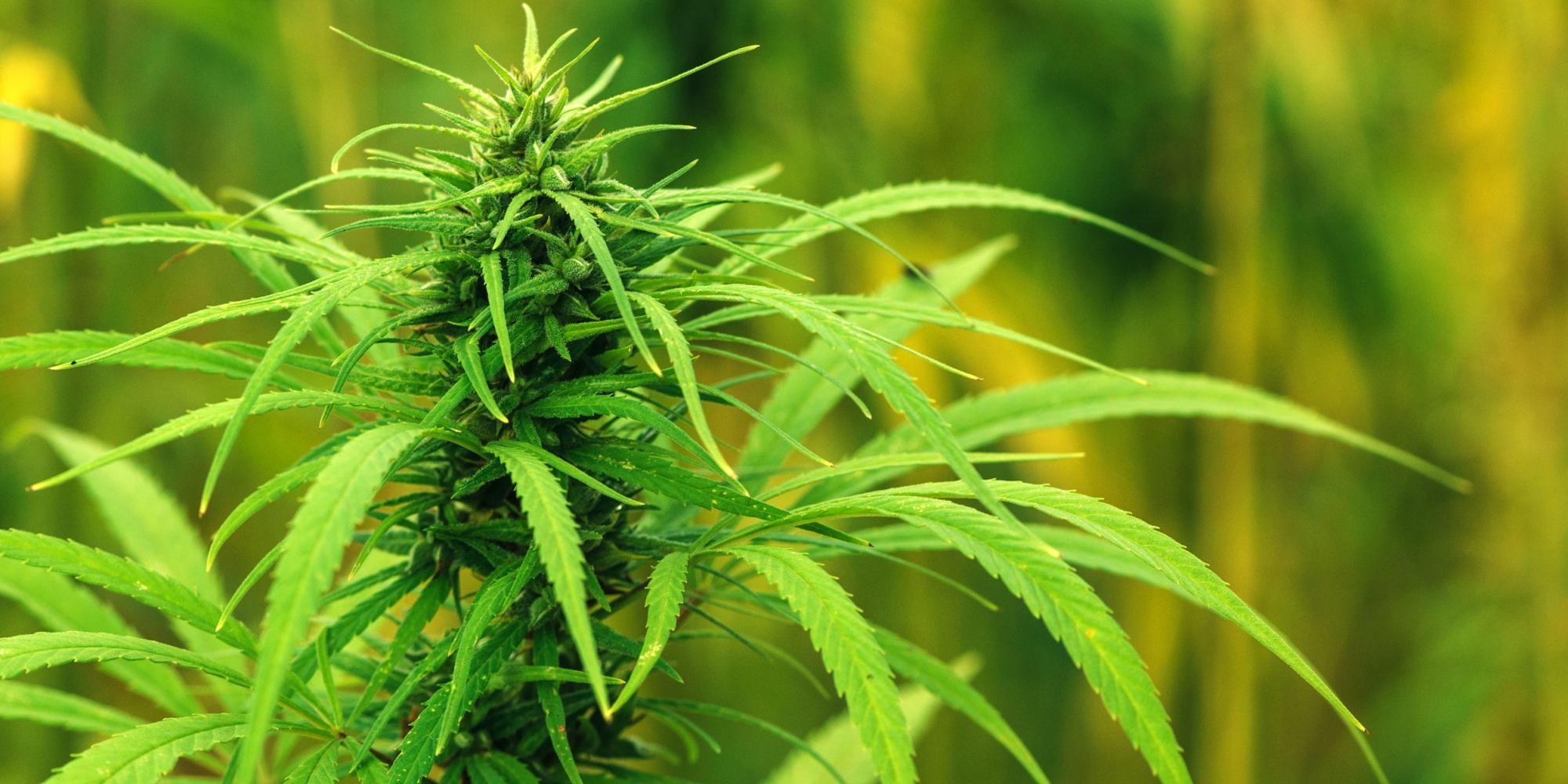***The Hemp Bulletin will not be published tomorrow in observance of Good Friday. Our normal schedule will resume Monday***
New York Governor Andrew Cuomo signed a bill yesterday that legalizes sales of recreational MJ in one of the largest US consumer markets. How do we know that that a massive group of diverse NY consumers will embrace MJ, and hit the $350 million forecast for tax revenues presented by Cuomo? If Illinois – another recent adopter of adult use policy – is any indication with its $52.8 million in tax revenues in 2020, then New York will surely eclipse that figure, depending on rollout. But the compelling comparison is California, a state that realized over $1 billion in tax revenues in 2020.
We ‘ve previously opined on the untenable situation with current federal cannabis policy, that is so far out of step with the electorate and shifting sands of state laws. Banking is a prime example of the incongruity of current state and federal laws, where the absurdity of forced cash transactions borders on tragic. Not only is it unsafe, but it is fiscally negligent, a waste of taxpayer dollars to eschew digital banking tools and automation found in all of global finance.
Hemp, of course, is impacted by all of these forces to some extent, and while SAFE Banking legislation may provide some relief, some industry analysts are skeptical that the legislation will be enough to allay banks concerns. Full legalization is seen as the sure answer to the banking issue, but how that will unfold on a federal level is a mystery. As hard as we’ve tried, hemp and MJ are not practical in the long run to regulate separately. Recently implemented USDA growing regulations help, but inequitable enforcement may continue for the foreseeable future until federal laws bring symmetry to cannabis policy across all state lines.
What we need is comprehensive US cannabis policy that addresses high and low THC products, based on a practical science-based approach. The 1% THC limit proposed by Sen. Rand Paul (R-KY), and reintroduced to the Senate yesterday, is a politically palatable number and would make staying in operators’ respective lanes far easier. Genetics is the fundamental issue here. All three segments of hemp would benefit from a more pragmatic THC threshold, and research may show that hemp fiber is superior in plants with marginally higher THC levels.
New York’s comprehensive approach to regulating all of cannabis will be a bellwether for the balance of the nation. More neighboring states in the Northeast and Mid-Atlantic will see increasing pressure to legitimize cannabis and tax accordingly. Bankers will provide some of the impetus to legalize, as investments continue to flow into the cannabis sector following the shift of power in the Senate. Look for Connecticut to follow suit within two years.
Comprehensive federal cannabis policy is essential to stabilizing cannabinoid markets long term. Delta8 (∆8THC) has emerged as another friction point between MJ and hemp, the others being smokable hemp flower, and surpassing all of them, is cross pollination. MJ is highly regulated, and ∆8 is a free-for-all, with an ability to sell anywhere, sans oversight, while MJ producers shoulder a heavy regulatory burden. Read: $$$ The MJ industry is not excited about a product sold in gas stations carving out market share from their highly capitalized and closely scrutinized operations. The MJ market surpassed $20 billion in sales in 2020, creating enough momentum to flatten any meaningful threats to growth that is projected to surpass $55 billion by 2026.

